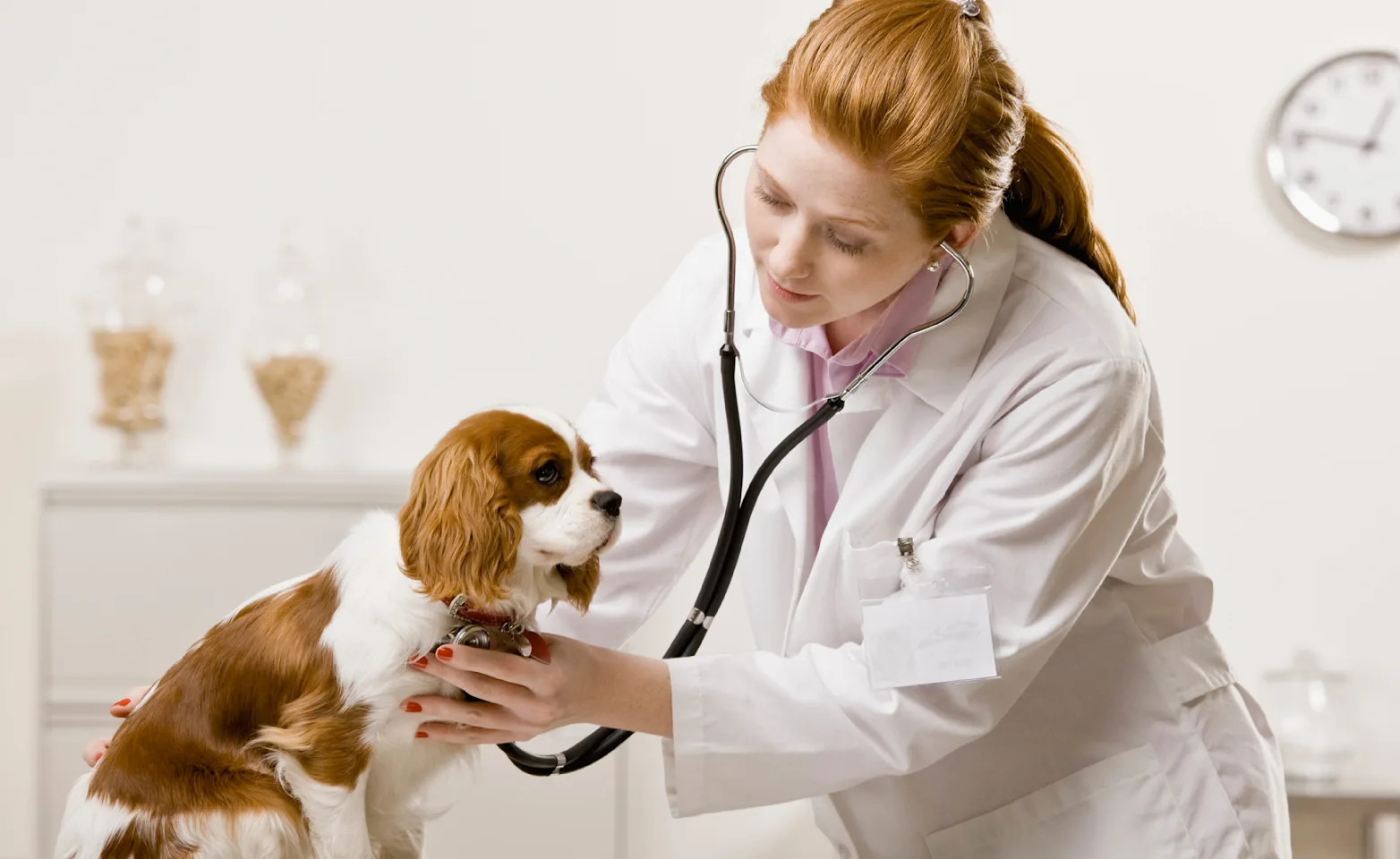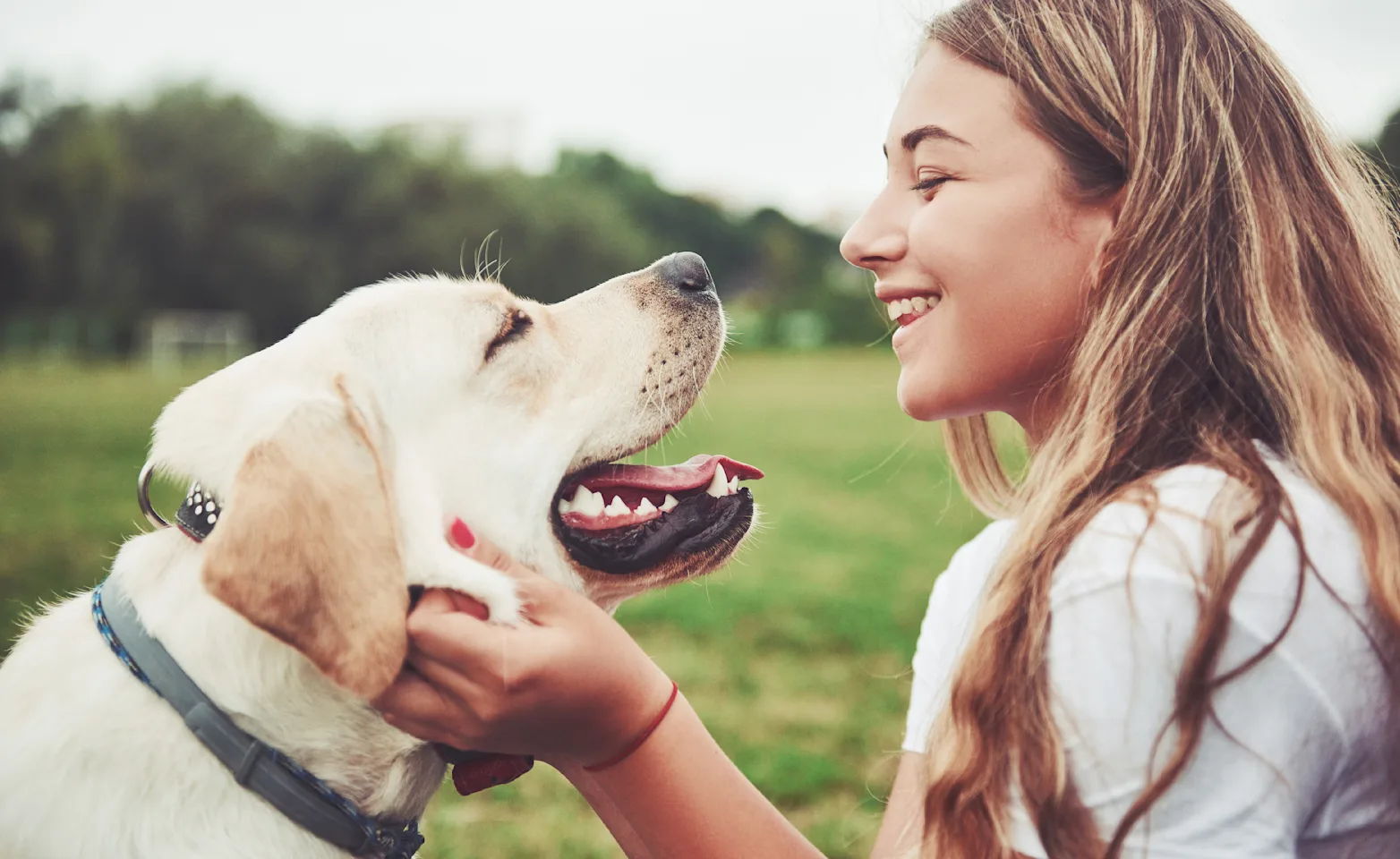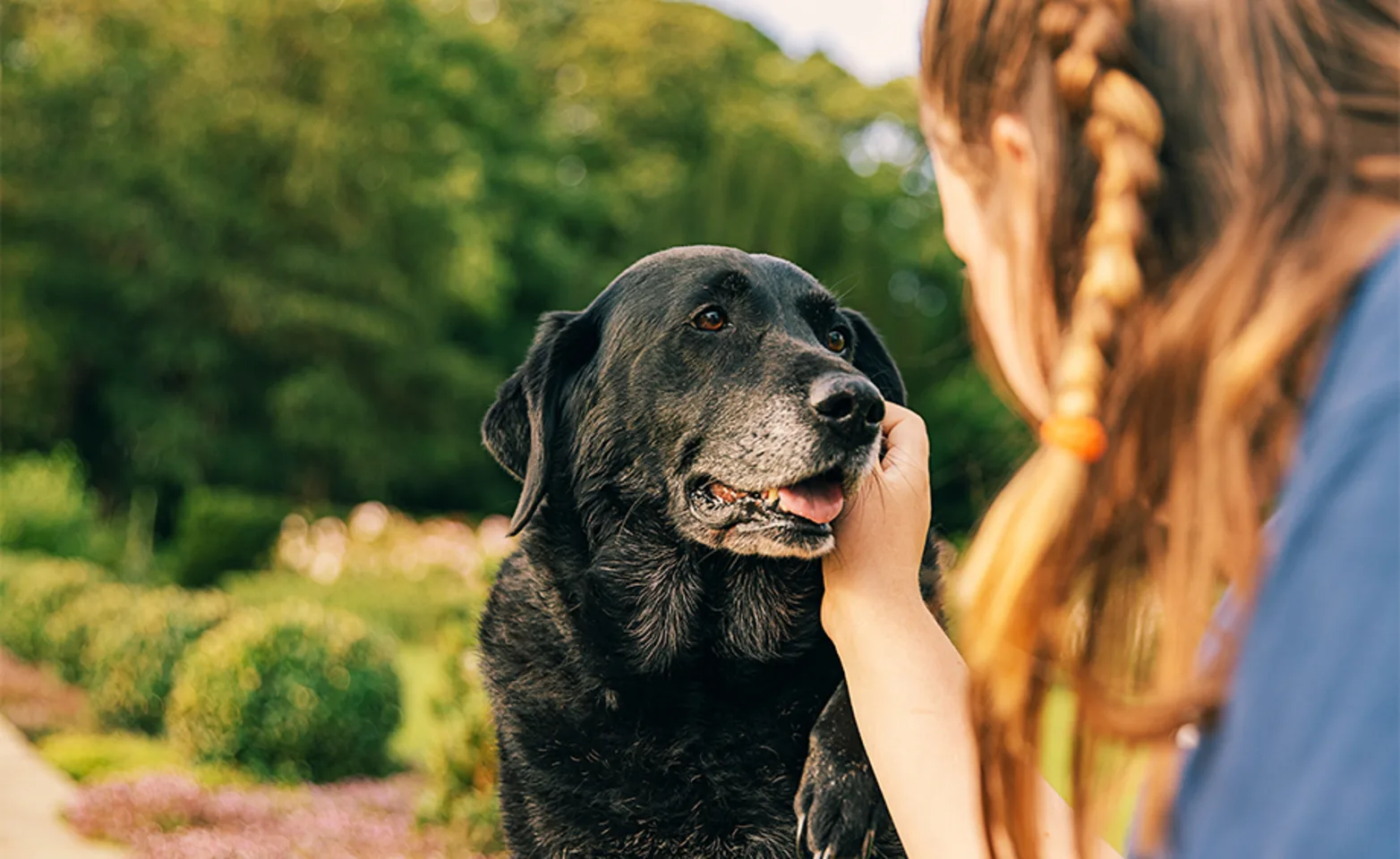Beattie Pet Hospital - Stoney Creek




Urgent Care Services
Round-the-clock availability: Our dedicated team is always ready to assist your pet, no matter the time. Offering urgent care for your pet 24 hours a day 7 days a week.
Emergency situations: Don't hesitate to contact us immediately if your pet is experiencing a medical emergency.
Prompt attention: Receive timely and effective care for your furry friend.

Our Commitment
Exceptional care: We're dedicated to providing the highest quality veterinary services.
Well-being of your pet: Your pet's health and happiness are our top priorities.

Additional Services
Beattie Pet Hospital Stoney Creek is proud to offer a number of different services, including:
Routine check - ups
Vaccinations
Surgical Services
Illness
Injuries
Client Testimonials & Reviews
We value our clients’ experience at Beattie Pet Hospital - Stoney Creek. Here’s what some people are saying about us.
I had to book an emergency visit over the weekend and the clinic was able to see my dog within the next hour when my local vet and emergency clinic were closing and at capacity. The staff showed compassion from start to finish and recommended what I was ultimately looking for: x-rays. While that took a little over an hour, we left relieved. The front counter staff even gave me some good recommendations and have followed up a handful of times. Thank you all for your services!
Lauren C
We attended Beattie's with our sick cat. It was late at night so our options were limited and all nearby/familiar hospitals were full; Beattie's was the only place available. Of course, it's never fun having a sick pet, but I am glad that we attended Beattie's! All staff were kind and professional. The communication was excellent; we were informed of fees and their triage policy ahead of time, and while our pet was being examined/treated, we were kept up to date about the process. Having this information certainly eased our minds. We found the fees to be reasonable particularly given the level of care our pet received. Luckily, our cat just had an upset stomach and was back to his usual self within a day, but we appreciated Beattie's care, attention, and thorough examination nonetheless. For obvious reasons, we hope not to return; however, should we need a pet hospital in the future, Beattie's will be our first call. Thank you to the team for your help!
Sam Donnelly (vivalasam)
Came here on Sunday with my dog. No other emergency clinics could see us. All of the staff were amazing! We were in and out within an hour and a half. Thank you!
Parkly Things
